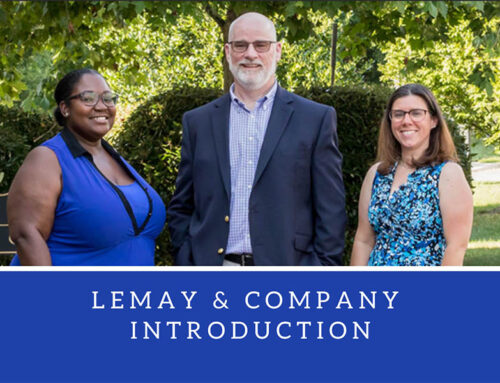Many of us have several different hobbies that we’ve gotten into over the years. You might even think that one of your hobbies is one that could earn you some side income. But how do you know if your hobby is a business? Or is your business really just an expensive hobby?
What is the Difference?
The most basic defining difference between a business and a hobby is that a hobby is for recreation or enjoyment and not to make a profit. Businesses are focused on making a profit and while it can be enjoyable the focus is profit rather than fun. The IRS on their website offers a helpful list of nine questions to ask yourself in determining if your business is a hobby or not. In going through the questions, you should consider all of them as a whole – not just one or two.
So How Can You Tell?
When considering if your hobby is really a business beyond asking yourself the questions objectively linked above, you can also consider if you are actively working towards turning a profit. Start-ups are often not profitable their first year or two. Due to investments and start-up costs, those tend to drain away any money made during the first few years. However, as a business your earnings will improve after a few years as you continue towards staying out of the red financially at the end of upcoming years. Having a record of your accounting and financial actions to provide to the IRS can go a long way in proving you have a legitimate business. The more records you have and keep for your work, the easier it is to tell whether it is more than a hobby.
Want to Take Your Hobby Further?
Maybe after reading this so far you’ve come to the conclusion that right now you do just have a hobby. But what if you wanted to take it further and turn it into a business? How could you go about doing that? One good place to start is considering if you have the time to dedicate to growing and investing into making it a full business. If not, you might want to keep it as a hobby that brings you occasional income. While the IRS does allow for some hobby deductions for expenses, it won’t be eligible for the loss deductions offered to businesses. Keep records of your hobby expenses to use them on your taxes. From there it may be time to talk to someone with knowledge about starting a business – such as one of our team members – to plan and help you consider all the potentials that could come up. Having a mentor or group of fellow entrepreneurs to turn to can be beneficial as well. You can bounce ideas and thoughts off them as well as seek advice as you navigate being an entrepreneur.
We Are Here to Help!
Think you might be at the point to take your hobby into a startup? If so, we’re here to help. Check out our blog on Starting Small Business to help jump start your planning process. When you’re ready, we can sit down and map out a plan to get things off the ground and moving forward with your own small business.
Want to Know More?
Looking for further information to learn more about the difference between a hobby and business? The IRS has a tip sheet on their website as well as a list of questions for you to reference. Both Forbes and TaxSlayer have articles highlighting the financial differences of hobbies and businesses. Plus, we’re always here to help you decide and answer any other questions you might have. Give us a call (703) 912-7862 or schedule a meeting on our website.





